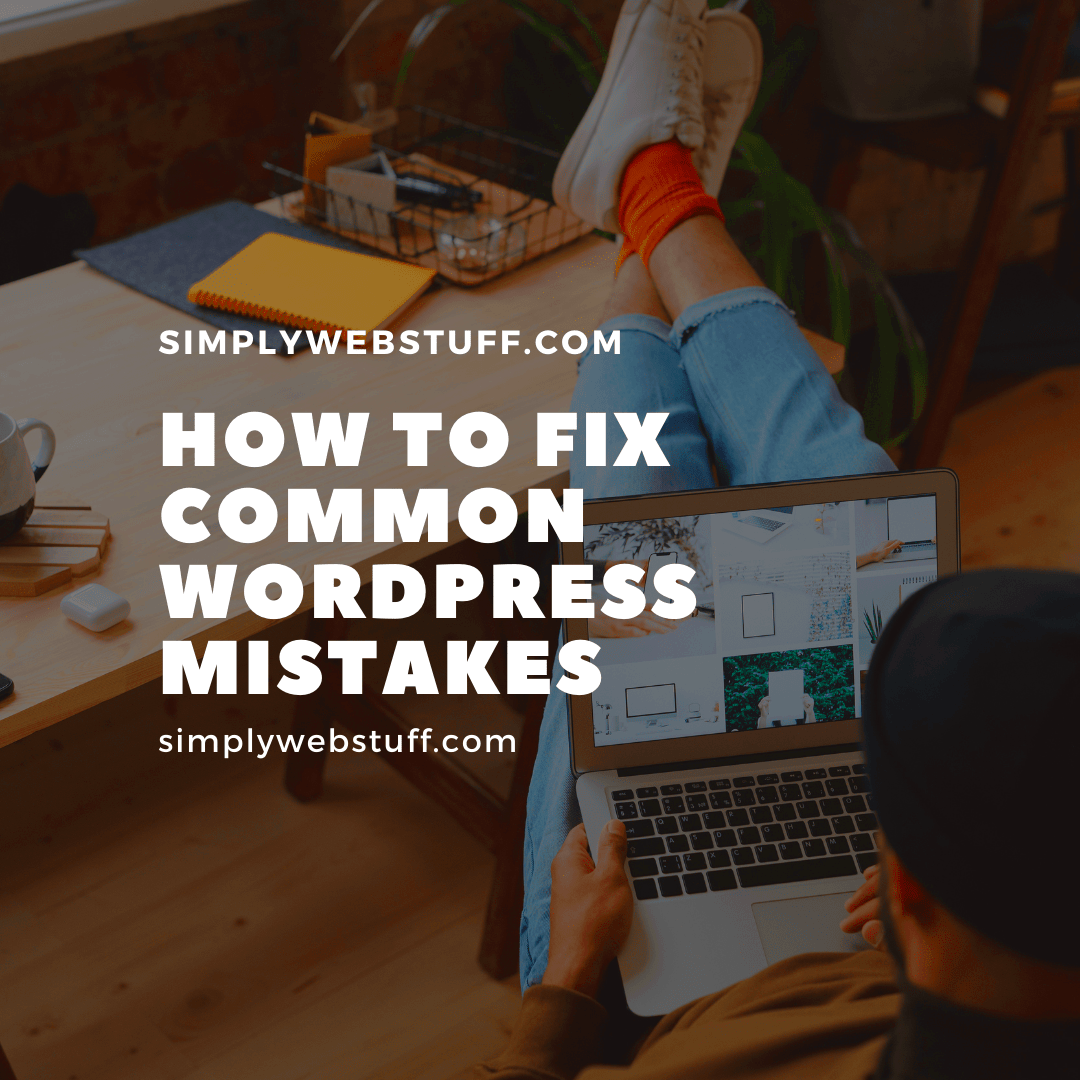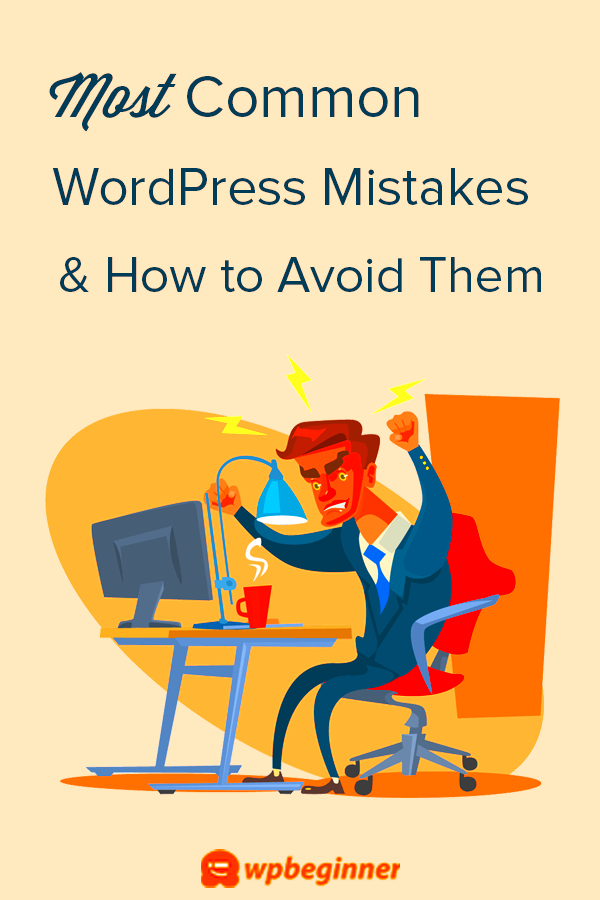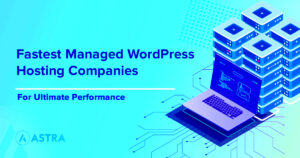When diving into the world of WordPress, understanding the hosting aspect is crucial. WordPress hosting refers to a web hosting environment specifically designed to enhance the performance, security, and reliability of
Here are some key aspects of WordPress hosting to consider:
- Types of Hosting: Familiarize yourself with the various types of hosting available for WordPress sites, including Shared Hosting, VPS Hosting, Dedicated Hosting, and Managed WordPress Hosting.
- Performance: The speed at which your website loads can affect user retention and SEO. Look for hosts that prioritize performance with optimized servers.
- Security Measures: A reliable hosting provider will offer robust security features such as SSL certificates, firewalls, and automated backups to protect your site from threats.
- Customer Support: Choose a hosting provider that offers 24/7 customer support. This can be invaluable when you encounter issues that require immediate attention.
- Scalability: As your website grows, you may need more resources. Opt for a host that allows easy upgrades to accommodate increased traffic.
Common Mistakes to Avoid When Choosing a Hosting Provider

Choosing the right WordPress hosting provider can feel overwhelming, especially with so many options available. However, it’s essential to steer clear of common pitfalls that many newcomers stumble into. Here’s a friendly checklist to help you make a wise decision:
- Ignoring Reviews: Many people overlook what current users say about a hosting provider. Don’t skip reading customer reviews; they provide valuable insights into performance and support.
- Focusing Solely on Price: While it’s tempting to go for the least expensive option, extremely low prices often come with compromises in quality, support, or features. Evaluate the overall value instead.
- Overlooking the Terms of Service: Make sure to read the fine print. Some hosts have restrictive policies on bandwidth, storage, and support that may not suit your needs.
- Not Considering Location: The physical location of the hosting servers can influence your website’s speed. Aim for a provider that has servers near your target audience.
- Disregarding Technical Support: Consider how knowledgeable and accessible the support team is. Good support can save you time and frustrations in the long run.
- Forgetting About Security Features: Ensure that the provider has comprehensive security measures. A site hack can lead to significant downtime and damage to your reputation.
By being mindful of these points, you’ll not only avoid common mistakes but also set your WordPress site up for long-term success! Happy hosting!
Ignoring Performance and Speed Considerations
When it comes to WordPress hosting, overlooking performance and speed is one of the biggest blunders you can make. Think about it: your website is your digital storefront, and if it’s sluggish, potential visitors will quickly lose interest and move on. To avoid this pitfall, consider the following key aspects:
- Choose the Right Hosting Type: Whether it’s shared, VPS, or dedicated hosting, each type has its pros and cons. Shared hosting may be economical, but the performance can degrade with increased traffic.
- Look for SSD Storage: Solid State Drives (SSDs) can significantly boost loading times compared to traditional HDDs. Faster storage means quicker data retrieval, contributing to overall site speed.
- CDN Usage: A Content Delivery Network (CDN) helps speed up your site by distributing its content across global servers. This ensures that visitors access your site from the nearest location, improving load times significantly.
- Optimize Images and Files: Large images and files can be the Achilles’ heel of your site’s performance. Resize and compress images before uploading. Tools like TinyPNG or Imagify come in handy for this.
- Utilize Caching: Caching plugins can do wonders for your site’s speed. By storing a static version of your site, these plugins reduce the load on your server and speed up load times for returning visitors.
Ignoring these performance considerations can be detrimental, leading to a poor user experience and ultimately affecting your site’s SEO rankings. Prioritize speed and performance – your visitors will thank you!
Overlooking Security Features
In today’s digital world, security is not just an option; it’s a necessity. Overlooking security features during your WordPress hosting setup can expose your site to a myriad of risks, from data breaches to malware attacks. Here’s what you should focus on to enhance your site’s security:
- SSL Certificates: An SSL certificate encrypts data transferred between your website and its visitors, making it harder for hackers to intercept information. Google even favors secure sites, so it’s a win-win!
- Regular Backups: Make sure your hosting provider offers regular backups. This means if something goes wrong, you can restore your website to its previous state with ease.
- Firewall Protection: Look for hosting services that include a Web Application Firewall (WAF). A WAF helps filter out malicious traffic, adding an extra layer of protection to your site.
- Automatic Updates: Ensure that your hosting plan supports automatic updates for WordPress core, plugins, and themes. Regular updates are crucial for fixing vulnerabilities.
- Monitoring Tools: Some hosting providers offer security monitoring tools that scan for threats and vulnerabilities. Utilizing these tools can help you stay ahead of potential attacks.
Security may seem like a daunting task, but implementing these measures doesn’t have to be. By paying attention to security features, you safeguard not only your site but also the information of your users. Never underestimate the importance of a solid security foundation in your WordPress hosting strategy!
Neglecting Customer Support Services
When it comes to WordPress hosting, customer support should never be an afterthought. Imagine waking up to find your website down or experiencing a technical glitch, and when you reach out for help, you’re met with long wait times or, worse, no response at all. That can be a nightmare!
One of the most common mistakes users make is underestimating the importance of reliable customer support. Here are a few reasons why you should prioritize this aspect when selecting a hosting provider:
- Timely Assistance: In the world of online business, every minute counts. If your website goes down, you can lose valuable traffic and potential revenue. A hosting provider with excellent customer support can help you resolve issues promptly.
- Expert Advice: Even seasoned webmasters can run into unexpected problems. A knowledgeable support team can provide solutions that you might not have thought of. Think of them as your safety net during tough times.
- Multiple Support Channels: Look for hosting services that offer various ways to contact support. Whether it’s live chat, email, or phone support, having options increases your chances of getting help quickly.
- User Reviews Matter: Before settling on a hosting service, check out user reviews regarding their support. A few minutes spent reading can save you a significant amount of hassle down the line.
In short, don’t overlook customer support when choosing a hosting provider. A little research and foresight can save you a lot of headaches later on!
Choosing the Wrong Hosting Plan
When it’s time to dive into the world of WordPress hosting, selecting the right hosting plan is crucial. Many beginners make the mistake of choosing a plan that doesn’t match their needs, which can lead to performance issues down the road. So, how do you avoid this common pitfall?
Here’s what you need to consider before committing to a hosting plan:
- Assess Your Needs: Before you select a plan, it’s important to evaluate the specific needs of your website. Will you be hosting a simple blog or a high-traffic e-commerce site? The more resources your site requires, the more robust your hosting plan should be.
- Understand the Types of Hosting: There are various types of hosting options available. These include shared, VPS, dedicated, and managed WordPress hosting. Each comes with its own advantages and limitations, so ensure you choose one that aligns with your website’s goals.
- Check for Scalability: As your website grows, your hosting needs will likely change. Opt for a hosting provider that offers scalable solutions, so you can upgrade your plan without much hassle.
- Read the Fine Print: Be cautious of promotional prices that jump significantly after the first term. Make sure you understand the renewal prices and any hidden fees that might pop up.
Making an informed choice about your hosting plan can dramatically affect your website’s performance and user experience. Take the time to analyze your needs, and you’ll save yourself from a lot of stress in the future!
7. Forgetting to Backup Your Site
One of the most critical, yet often overlooked, steps in managing a WordPress site is regular backups. Imagine this: you’ve poured countless hours into creating the perfect website, only to have it wiped out due to a faulty plugin or a cybersecurity breach. Sounds terrifying, right? That’s why ignoring backups can be a huge blunder!
So, how do you ensure that your hard work isn’t lost forever? Here are some important points to consider:
- Frequency is Key: Backup your website regularly, ideally daily or at least weekly, depending on how frequently you update your content.
- Use Reliable Backup Plugins: Tools like UpdraftPlus, BackupBuddy, or Duplicator can simplify the backup process and automate it for you.
- Store Off-Site: Always keep backups stored in a separate location, like cloud storage (Google Drive, Dropbox) or an external hard drive, to safeguard against data loss.
- Test Restore Process: Simply creating a backup isn’t enough! Test your restore process to ensure that you can effectively recover your site when needed.
Taking the time to implement these strategies can save you from the headaches of data loss. So, don’t hit the snooze button on backups; make it a priority today!
8. Skipping the Importance of Migration Tools
Thinking about moving your WordPress site to a new host? Let me tell you, jumping into that process without the right migration tools is like trying to cross a river without a bridge! Sure, you might make it, but there’s a significant risk of falling in or getting stuck.
Migrating your site can be tricky, especially if you have a lot of data, plugins, and themes. Thankfully, there are migration tools designed to streamline this process and save you from potential headaches. Here’s why using them is essential:
- Simplicity: Migration plugins such as All-in-One WP Migration, Duplicator, or WP Migrate DB can make the transfer process a breeze. They provide step-by-step guidance, which takes the guesswork out of migration.
- Minimizing Downtime: When you migrate manually, you risk problems that can lead to site downtime. Migration plugins usually ensure a smoother transition with less risk of errors.
- Database Handling: Managing databases can be daunting. Migration tools handle the complexities of moving databases, ensuring all content transitions seamlessly.
- Testing the Migration: Some tools even offer staging options, allowing you to test the new setup before going live. That way, you can iron out issues without affecting your current site.
In short, don’t underestimate the power of migration tools. They’re like your trusty map on a road trip—essential for making sure you arrive at your destination without unnecessary detours!
9. Failing to Optimize Resource Usage
When it comes to WordPress hosting, one of the most common pitfalls webmasters fall into is failing to optimize resource usage. This can lead to performance issues that can directly affect your website’s speed and reliability. Let’s break down what resource usage means and how you can better manage it.
Resource usage refers to how much of your server’s CPU, memory (RAM), and disk space your website consumes. If your resource usage is high, your website may load slowly or even crash—definitely not ideal for user experience! Here are some key tactics you can employ to optimize resource usage:
- Choose the Right Hosting Plan: Assess the needs of your website (traffic, plugins, etc.) and pick a hosting plan that accommodates it.
- Utilize Caching: Implement caching plugins (like W3 Total Cache or WP Super Cache) to store static versions of your pages, reducing server load.
- Optimize Your Database: Regularly clean up your database by removing unnecessary plugins, spam comments, and old revisions.
- Media Optimization: Use tools to compress images (like Smush or Imagify) before uploading them to your site.
- Limit External Scripts and Plugins: Too many plugins or external scripts can bloat your website. Keep only what you really need and check their resource usage.
Implementing these practices will not only improve your site’s performance but also enhance the overall experience for your users. Optimize wisely, and you’ll see the benefits!
10. Not Reading the Fine Print on Terms of Service
It’s easy to skip over the Terms of Service (ToS) when signing up for a WordPress hosting plan—but doing so can lead to unexpected surprises later on. What might seem like a minor detail could seriously impact your website’s performance and security. Let’s dive into why it’s essential to read the fine print and what specific areas to focus on.
Terms of Service agreements often contain critical information regarding:
- Resource Limits: Understand whether there are caps on CPU, bandwidth, or storage. Many hosting providers have hidden limits that could throttle your site as it grows.
- Renewal Rates: While an introductory price may look appealing, ensure you’re aware of how much the costs will rise when it’s time to renew.
- Data Backup Policies: Check how often backups are performed and if they are included in the service. You don’t want to be caught without a backup when you need it the most!
- Support Limitations: Review the availability and types of support provided. Some plans might not offer 24/7 support or only cover certain issues.
- Termination Clauses: Understand the circumstances under which your account may be suspended or terminated. You don’t want to be blindsided by this in the future.
Taking the time to read and comprehend the Terms of Service can save you from misunderstandings and ensure that you know exactly what you’re getting into. Knowledge is power when it comes to your WordPress hosting experience!
WordPress Hosting Tips: Avoiding Common Mistakes
Choosing the right hosting service for your WordPress website is critical for its success. Many inexperienced users often fall into several common pitfalls that can hinder performance and stability. Understanding these mistakes and how to avoid them can save you time, money, and frustration.
Common WordPress Hosting Mistakes
- Ignoring Performance Metrics: Not evaluating the hosting provider’s uptime, speed, and loading times can lead to poor user experience.
- Choosing the Cheapest Option: While budget is important, selecting the lowest-priced hosting service can result in inadequate support and poor performance.
- Overlooking Customer Support: Failing to assess the quality of customer support can result in challenges during critical times when assistance is needed.
- Neglecting Scalability: Picking a host that cannot grow with your website can lead to performance issues as your traffic increases.
- Not Considering Security Features: Many users overlook essential security measures, putting their websites at risk.
Key Characteristics of Good Hosting
| Feature | Description |
|---|---|
| Uptime Guarantee | 99.9% uptime to ensure your site is accessible at all times. |
| Speed Optimization | Solutions like caching and Content Delivery Networks (CDNs) for faster loading times. |
| Strong Security | Features such as SSL certificates, firewalls, and regular backups. |
| Scalability Options | Ability to upgrade hosting plans to accommodate growing traffic. |
| Reliable Customer Support | 24/7 support via live chat, email, or phone for immediate assistance. |
In conclusion, making informed decisions about your WordPress hosting can significantly improve your website’s performance, reliability, and security. By avoiding common mistakes and considering key characteristics, you can select a hosting provider that meets your needs and supports your growth.



